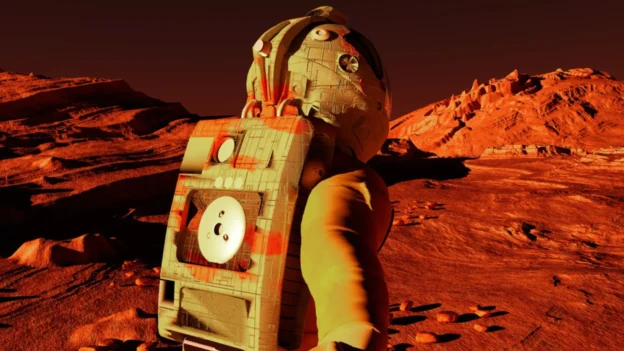Aspirations of sending missions to Mars could be at risk following recent research suggesting that prolonged space travel significantly affects the kidney structure of astronauts. This revelation comes from studies conducted on more than 40 space missions. space missions with humans and mice, where kidney remodeling and signs of shrinkage were observed after less than a month in space.
This research is worrisome for the plans of SpaceX and NASA, which are aiming to to send humans to Mars in the next few decades . SpaceX CEO Elon Musk has stated that such a mission could be feasible in the next 10 to 20 years. However, research suggests that health risks, due to microgravity and galactic radiation, increase with the duration of spaceflight.
Possible solutions for Mars missions
Despite the risks, future missions to Mars are not out of the question. Scientists at University College London (UCL) propose the development of measures to protect astronauts’ kidneys. These could include onboard recovery methods, such as dialysis machines, to prevent severe damage.
Dr. Keith Siew, lead author of the study, notes that so far an increase in health problems such as kidney stones has been observed on short missions. However, the real unknown is how these problems would evolve on longer flights, such as those proposed to Mars. Siew warns that without new forms of kidney protection, astronauts may need dialysis on their return trip.
Importance of renal protection
Professor Stephen Walsh, lead author of the study, emphasizes that the kidneys are a critical factor in space mission planning. Although they cannot be completely shielded from galactic radiation with shielding, a better understanding of kidney biology could enable the development of technological or pharmaceutical measures to facilitate extended space travel.
This research has been published in the journal Nature Communications highlighting the urgent need to address these challenges to ensure the success and safety of future human missions to Mars.
Follow us on social networks and don’t miss any of our publications!
YouTube LinkedIn Facebook Instagram X
Source: yahoo
Photo: Shutterstock

